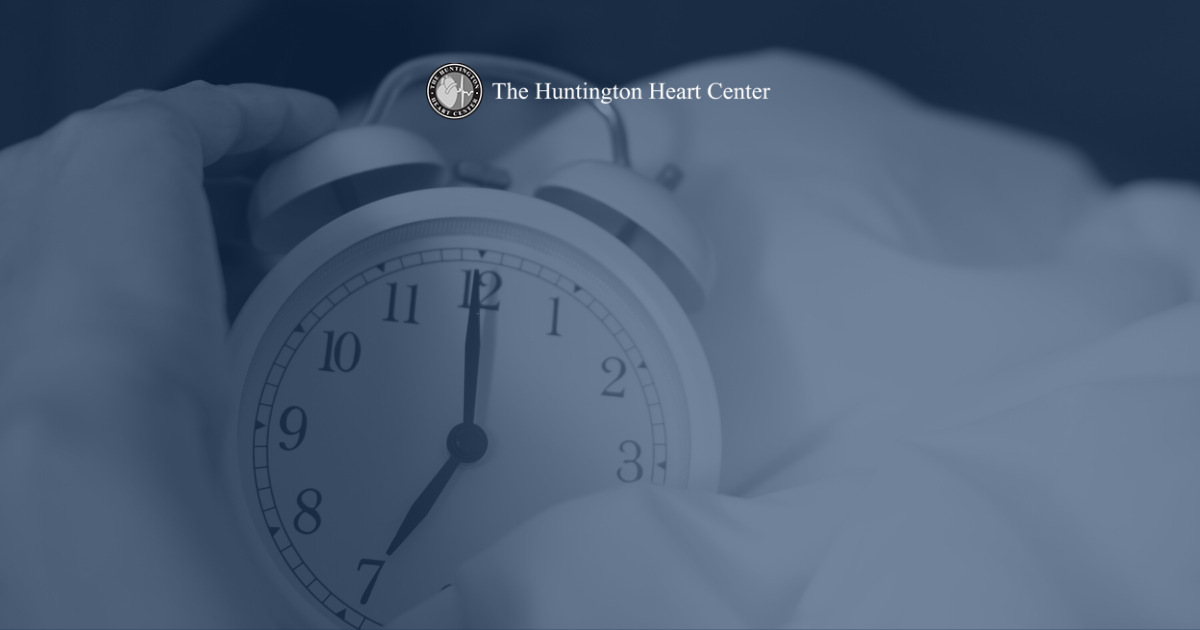Proper Sleep and Heart Health
We have been told from the youngest of ages that sleeping well leads to a healthier, more productive life. This is absolutely true. However, as we get older, join the workforce, and begin to experience the stresses of life, there’s often a shift in priorities and we don’t take our sleep as seriously. Instead of being considered a luxury, proper sleep should be considered a protective factor for heart, and general, health.
So how exactly is sleep related to heart health
In truth, we don’t know the entire connection and correlation between sleep and heart health. However, research has shown that too little sleep (as well as too much sleep) may set a foundation for disease including metabolic problems, high blood pressure and inflammation. This is confirmed in studies of people with sleep apnea who tend to have higher blood pressure because deep sleep (something you don’t get much of with sleep apnea) encourages the activation of chemicals in the body that keep blood pressure and heart rate at normal levels. In fact, men with severe sleep apnea had an almost 60% greater risk of developing congestive heart failure versus someone without sleep apnea.
Proper sleep is critical to lowering blood glucose levels. Research has shown that too little sleep can compromise the body’s ability to regulate glucose and lead to diabetes. Of course, type 2 diabetes is also a significant risk factor for damage to blood vessels that ultimately causes or worsens heart disease.
Sleep can also affect mood and ward off depression and anxiety. We have all had days where we don’t get enough sleep and find it much more difficult to get through the day as a result. Even small problems can seem much larger, and once-routine difficulties are harder to scale. Both clinical depression and anxiety can lead to detrimental stress on the heart, and ultimately, heart disease.
A lack of sleep can also lead to excess weight and obesity. And there is plenty of research to back this up. Obesity is one of the leading causes of heart disease in American adults. While there are many factors that affect excess weight, sleep is certainly one of them.
How Can You Ensure Proper Sleep?
- Try to stick to a regular sleep schedule, going to bed and wake up at roughly the same time each day
- Get out and about during the day, and try to fit in regular exercise
- Don’t use devices or watch TV right before bed. The blue light can keep you awake
- Try to avoid eating and drinking right before bed. Especially alcohol, sugar and caffeine
- Keep your bedroom cool
For those that are experiencing significant sleep troubles, The Huntington Heart Center offers a comprehensive sleep center to analyze and diagnose sleep issues and, if necessary, effectively treat them. Learn more by contacting us.








